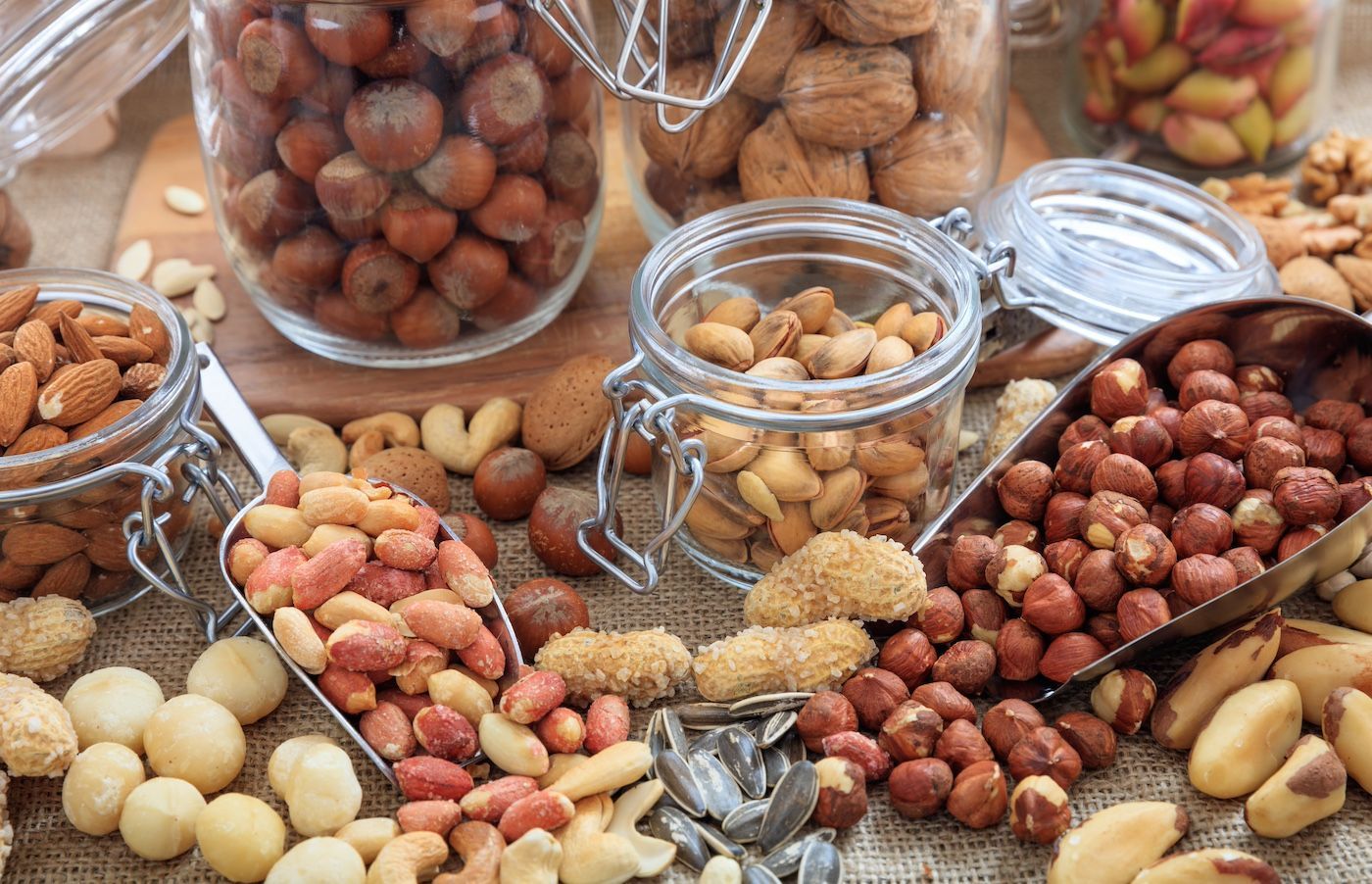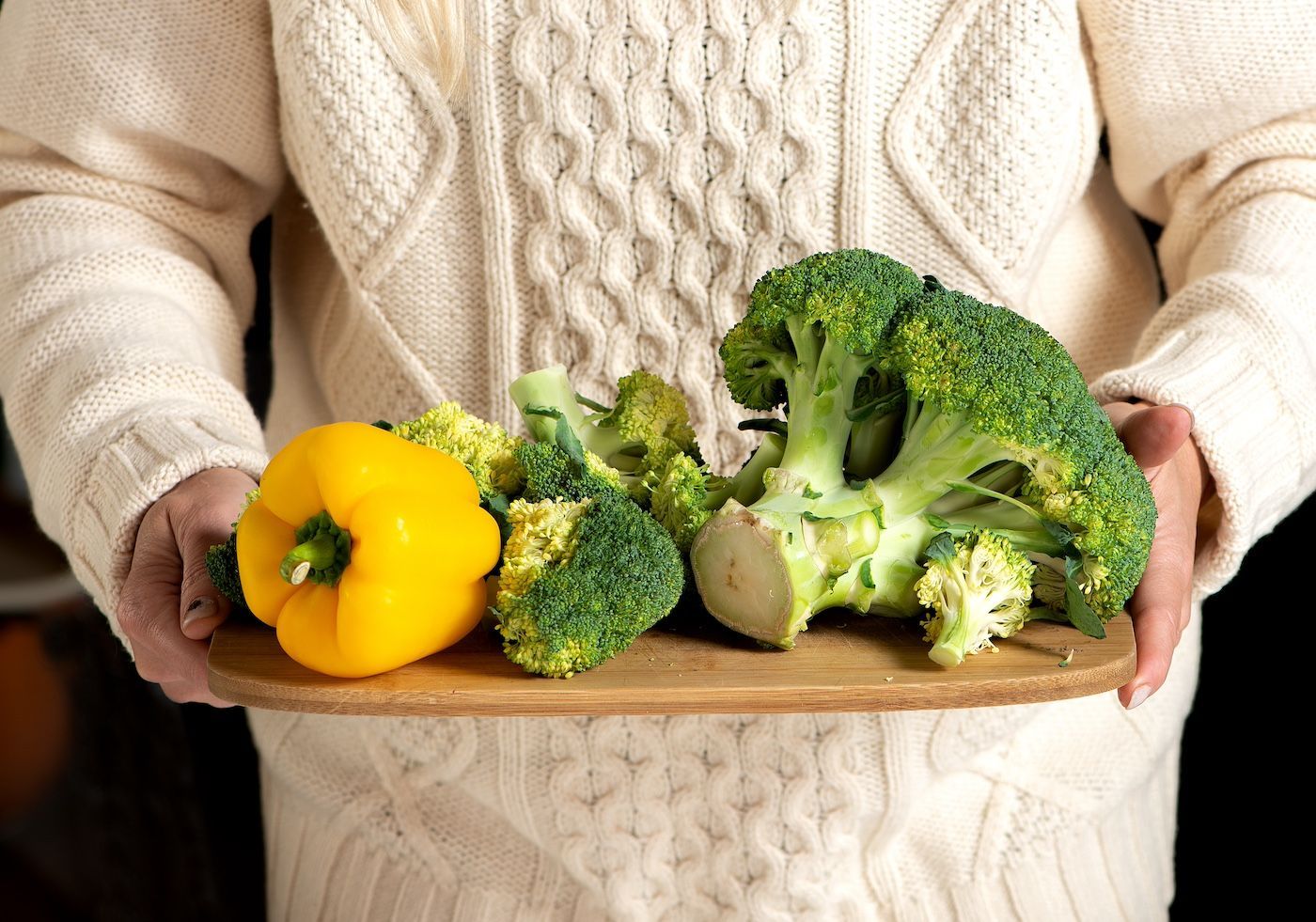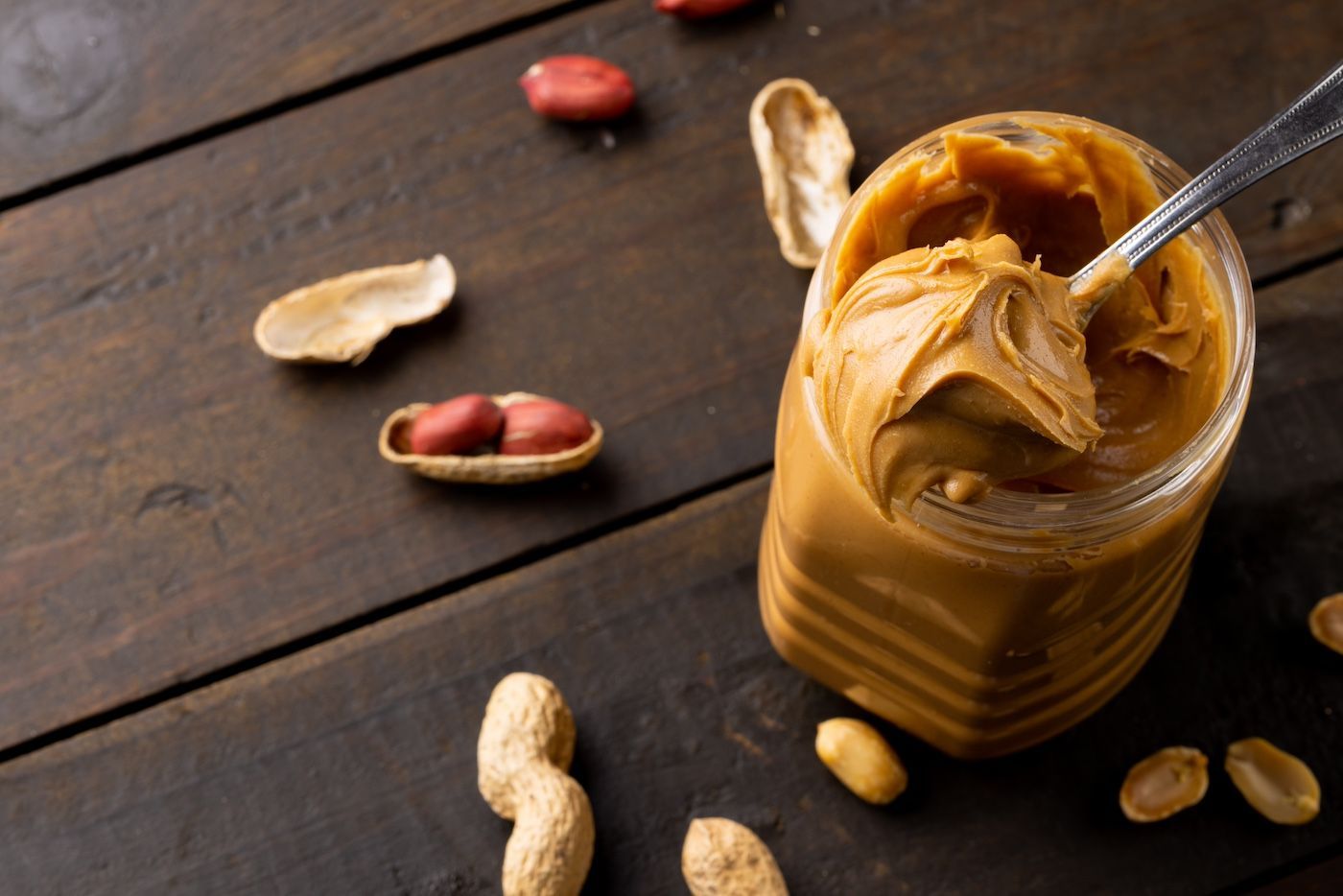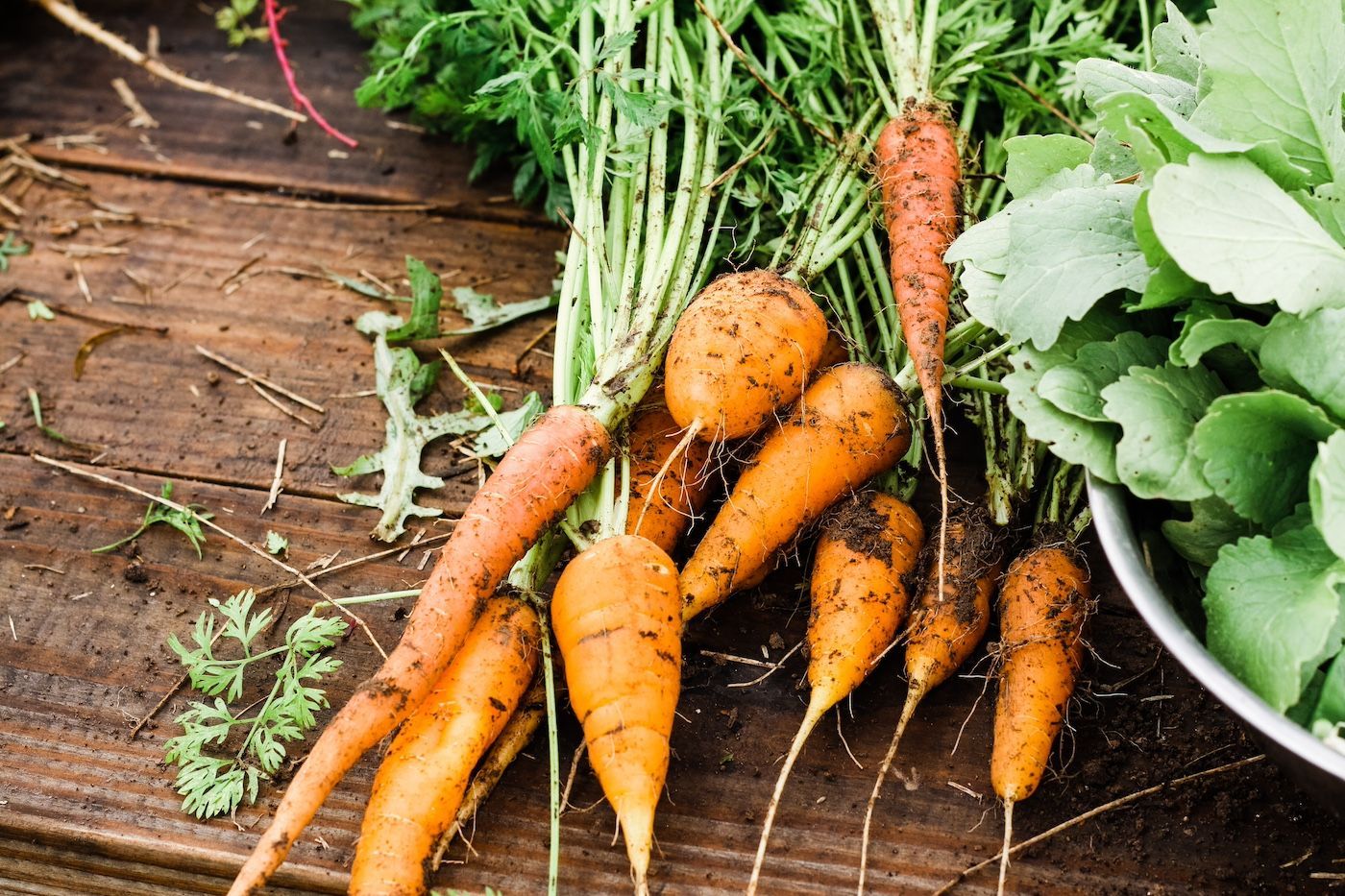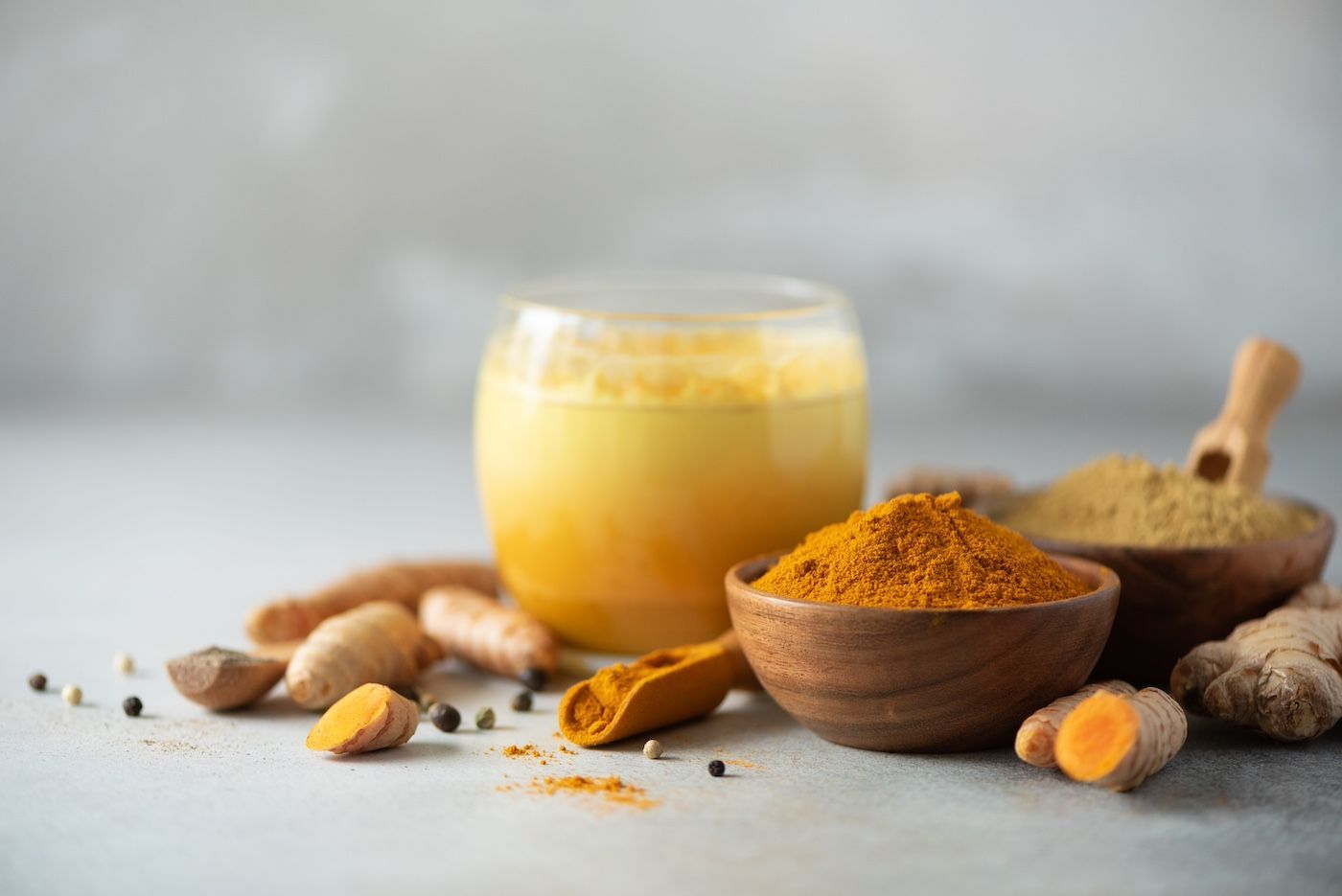Chews Your Health
Probiotics
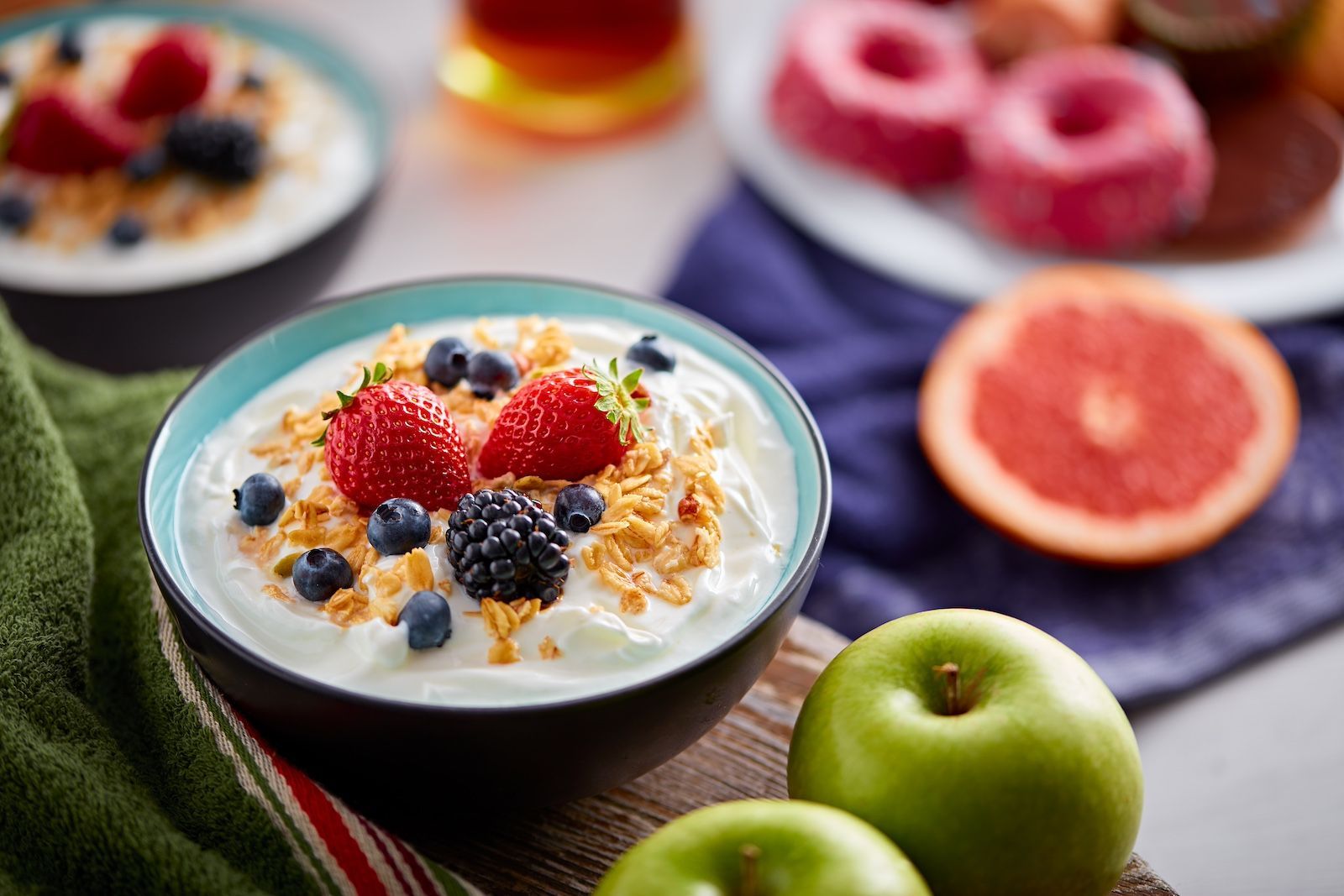
What Are Probiotics and Why Do They Matter?
In recent years, probiotics have gained serious attention in the world of wellness—and for good reason. These live bacteria and yeasts are known as the “good” or “helpful” microbes that support a healthy gut and overall well-being.
What Exactly Are Probiotics?
Probiotics are live microorganisms that naturally reside in your digestive tract. They help maintain a healthy balance of gut bacteria, which is essential for digestion, nutrient absorption, and immune system function.
There are many strains of probiotics, but the two most common types include:
- Lactobacillus: Found in yogurt and fermented foods, this strain is known for easing diarrhea and supporting overall digestion.
- Bifidobacterium: Found in some dairy products, this strain may help relieve symptoms of irritable bowel syndrome (IBS).
Benefits of Probiotics
Probiotics do more than support digestion. Here are some science-backed benefits:
- Gut Health Recovery: Replenish good bacteria, especially after antibiotic use.
- Immune Support: Reduce inflammation and strengthen your body’s defense system.
- Mental Well-being: A healthy gut communicates with the brain via the vagus nerve, influencing mood, memory, and stress levels.
- Women’s Health: Help balance vaginal bacteria, reducing the risk of UTIs, yeast infections, and bacterial vaginosis.
- Digestive Relief: Alleviate diarrhea and symptoms of IBS caused by bacteria, viruses, or parasites.
Are Probiotics Safe? --and final thoughts
For most people, probiotics from food are entirely safe. However, if you have a compromised immune system or serious medical condition, consult your healthcare provider before making any major dietary changes.
When first introducing probiotic-rich foods, you might experience mild side effects like gas, bloating, or nausea. These typically resolve within a few days as your body adjusts. Start slow, and monitor how you feel.
Probiotics play a vital role in supporting not only digestive health but also immunity, mental wellness, and more. Whether through food or supplements, introducing “good” bacteria into your routine could be a simple yet powerful way to improve how you feel every day.
Top Food Sources of Probiotics
Want to add more probiotics to your diet naturally? Here are some great options:
- Yogurt (with live active cultures)
- Kefir
- Sauerkraut and other fermented vegetables
- Kombucha
- Raw cheeses
- Organic, unpasteurized apple cider vinegar
- Naturally fermented pickles

